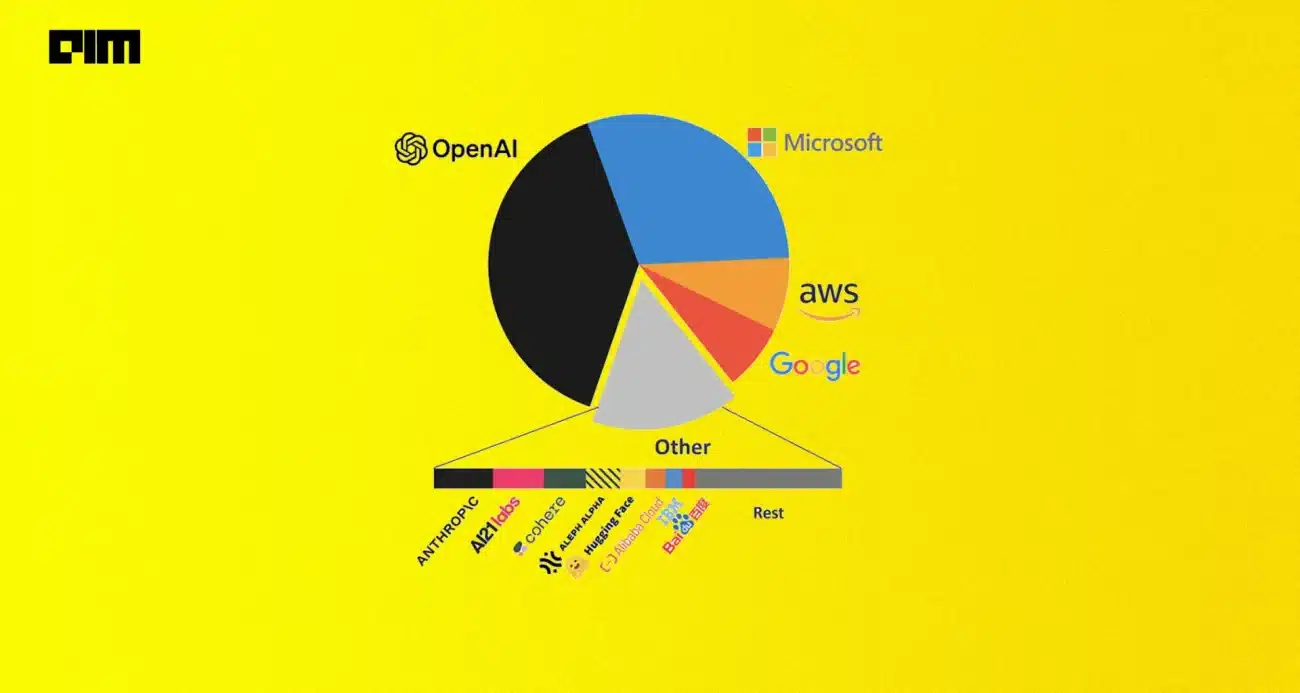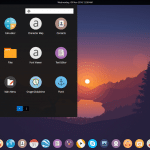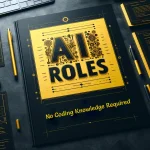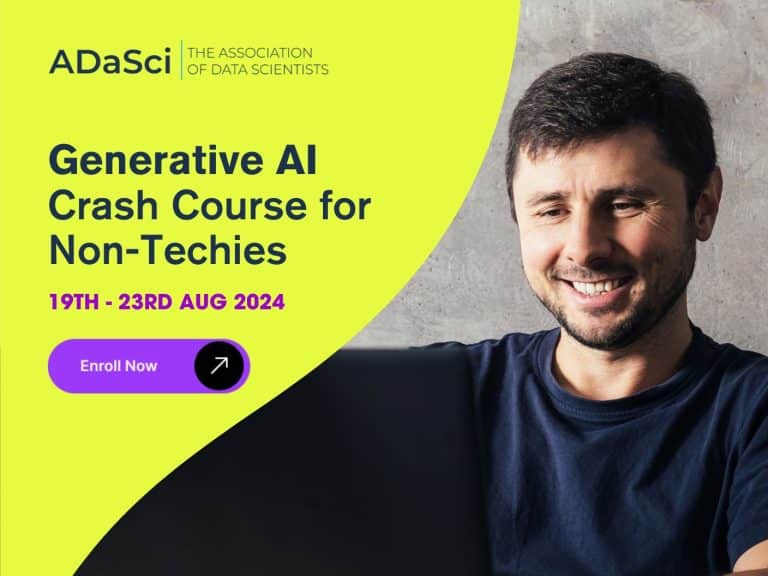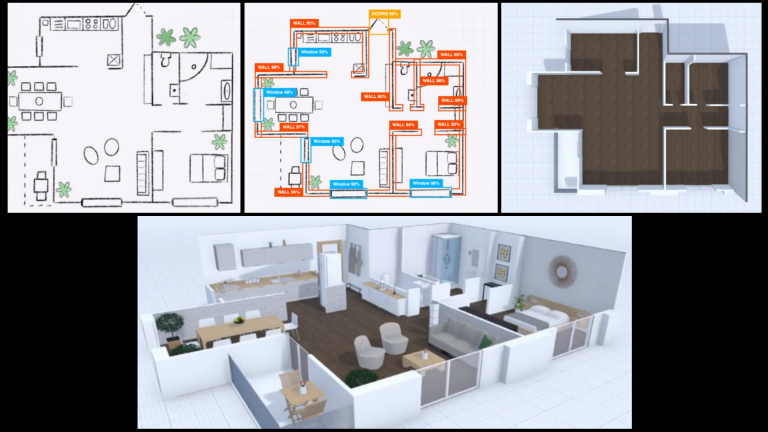What are AI Development Platforms?
AI development platforms are comprehensive software environments that provide tools, frameworks, and services for creating, training, and deploying artificial intelligence and machine learning models. These platforms aim to streamline the AI development process and make it more accessible to developers and data scientists.
At their core, AI development platforms offer the infrastructure and resources needed to build AI applications. This typically includes access to powerful cloud computing resources, pre-built AI algorithms and models, data processing capabilities, and development tools. The goal is to abstract away much of the complexity involved in AI development, allowing developers to focus on solving problems rather than dealing with low-level implementation details.
AI Development Platforms Market Overview
The global artificial intelligence (AI) platform market is experiencing rapid growth and is projected to expand significantly in the coming years. The market is expected to grow with a CAGR of 40% from 2024 to 2033. This growth is driven by increasing demand for AI-based solutions and products, abundance of data available for AI training, advancements in AI technology, and growing adoption across various industries such as healthcare, finance, and retail.
Key players in the market include companies like Google, Microsoft, IBM, and Amazon Web Services. Major trends include the rise of no-code AI platforms, integration of AI with other technologies like IoT and blockchain, and increasing focus on explainable AI and ethical AI development.
Key Features of Best AI Development Platforms
The ideal AI development platform should provide end-to-end support for the entire AI/ML lifecycle, from data preparation to model deployment and monitoring. Developers often look for platforms that offer a balance between powerful capabilities and ease of use, allowing them to focus on solving problems rather than dealing with infrastructure complexities.
- Comprehensive Machine Learning Capabilities:
- Support for building and training various types of machine learning models.
- Access to pre-built ML algorithms and models.
- Tools for data preprocessing and feature engineering.
- Automated machine learning (AutoML) capabilities.
- Deep Learning Support:
- Frameworks and tools for developing deep neural networks.
- Support for computer vision, natural language processing, etc.
- Data Management:
- Tools for data ingestion, cleaning, and preparation.
- Data versioning and lineage tracking.
- Model Development and Training:
- Integrated development environments (IDEs) for coding.
- Experiment tracking and model versioning.
- Hyperparameter tuning capabilities.
- Deployment and Serving:
- Options to deploy models as APIs or microservices.
- Support for containerization and scalable serving.
- Monitoring and Management:
- Tools to monitor model performance in production.
- Model governance and lifecycle management features.
- Collaboration Features:
- Team collaboration and project management tools.
- Version control integration.
- Interpretability and Explainability:
- Tools to understand and explain model predictions.
- Model debugging capabilities.
- Integration Capabilities:
- APIs and SDKs for integrating AI into applications.
- Connectors to common data sources and tools.
- Scalability:
- Ability to handle large datasets and complex models.
- Support for distributed training and inference.
- Security and Compliance:
- Data privacy and security features.
- Compliance with regulations like GDPR.
- Ease of Use:
- Intuitive user interface.
- Documentation and learning resources.
- Flexibility and Customisation:
- Support for multiple programming languages.
- Ability to implement custom algorithms.
Best AI Development Platforms in 2024
| Name | Best For |
| OpenAI | Generative AI models |
| TensorFlow | Large-scale machine learning models |
| Microsoft Azure AI | Enterprise-grade AI |
| Vertex AI | End-to-end ML workflows |
| Keras | Neural network API |
| H2O.ai | Big data processing |
| Amazon SageMaker | Real-time inference |
| NVIDIA AI | High-performance computing |
| IBM watsonx | Conversational AI |
| Hugging Face | Collaborative ML development |
1. OpenAI
OpenAI stands out as one of the best AI development platforms due to its pioneering advancements in artificial intelligence and its commitment to ethical AI development. The platform offers state-of-the-art generative models like GPT-4, which excel in natural language processing, code generation, and image creation. OpenAI’s API provides easy integration, allowing developers to leverage these powerful models without deep expertise in AI.
Furthermore, OpenAI’s focus on broad and diverse data ensures that its models are inclusive and beneficial to a wide range of users and applications. Continuous innovation, robust infrastructure, and a collaborative approach with industry and academia further solidify OpenAI’s leadership in the AI landscape.
Read recent updates in Open AI
2. TensorFlow
TensorFlow stands out as a premier AI development platform due to its versatility, scalability, and robust ecosystem. Developed by Google, it offers a comprehensive suite of tools for building and deploying machine learning models across various devices, from cloud servers to mobile phones. TensorFlow’s flexibility allows developers to work with high-level APIs like Keras for rapid prototyping, while also providing low-level control for complex model architectures.
Its extensive community support, frequent updates, and integration with popular cloud platforms make it ideal for both research and production environments. TensorFlow’s visualisation tools, such as TensorBoard, facilitate easy debugging and model optimisation. With support for multiple programming languages and hardware accelerators like GPUs and TPUs, TensorFlow empowers developers to create efficient, state-of-the-art AI solutions for diverse applications.
Read recent updates in TensorFlow
3. Microsoft Azure AI
Microsoft Azure AI is considered one of the best AI development platforms due to its comprehensive ecosystem, scalability, and robust security features. It offers a unified platform for building, evaluating, and deploying AI solutions, including generative AI and multimodal applications. Azure AI integrates seamlessly with other Microsoft products like GitHub and Azure DevOps, providing tools for the entire machine learning lifecycle, from data preparation to model deployment.
Its enterprise-grade security and compliance ensure data safety, making it a trusted choice for Fortune 500 companies. Additionally, Azure AI’s flexible pricing and extensive support for popular ML frameworks like PyTorch and TensorFlow enhance its appeal.
Read recent updates in Microsoft Azure AI
4. Vertex AI
Vertex AI stands out as a premier AI development platform due to its comprehensive and unified approach to machine learning workflows. It offers a seamless integration of Google Cloud’s powerful infrastructure with cutting-edge AI tools, supporting both AutoML for beginners and custom model development for experts. The platform excels in scalability, allowing projects to grow effortlessly from prototype to production. With pre-built APIs, support for popular frameworks like TensorFlow and PyTorch, and robust MLOps capabilities, Vertex AI streamlines the entire AI lifecycle.
Its user-friendly interface, coupled with advanced features like Vertex AI Workbench and Vertex AI Feature Store, enables faster development and deployment of AI models. The platform’s emphasis on collaboration, experiment tracking, and model monitoring further enhances its appeal, making it an ideal choice for organizations seeking to leverage AI effectively and efficiently.
Read recent updates in Vertex AI
5. Keras
Keras is considered one of the best AI development platforms due to its user-friendly design, making it accessible for both beginners and experienced developers. It offers a high-level API that simplifies the process of building and training neural networks, significantly reducing the cognitive load on developers. Keras supports multiple backend engines, including TensorFlow, Theano, and CNTK, providing flexibility and allowing users to switch between different frameworks without modifying their code.
Additionally, its modular architecture enables easy customization and rapid prototyping, which accelerates the development and deployment of AI models. The extensive documentation and strong community support further enhance its usability, making Keras a go-to choice for many AI and machine learning projects.
Read recent updates in Keras
6. H2O.ai
H2O.ai stands out as one of the best AI development platforms due to its comprehensive suite of tools and features that cater to a wide range of AI needs. It excels with its industry-leading automated machine learning (AutoML) capabilities, which significantly reduce the time and expertise required to build and deploy machine learning models. H2O.ai’s platform supports both predictive and generative AI, offering solutions for natural language processing, computer vision, and time-series forecasting.
The platform’s flexibility allows it to be deployed in various environments, including on-premises, cloud, and hybrid setups, ensuring scalability and control. Additionally, H2O.ai emphasizes transparency and explainability in AI, providing robust tools for model interpretability and bias detection, which are crucial for building trustworthy AI applications.
Read recent updates in H2O AI
7. Amazon SageMaker
Amazon SageMaker stands out as a premier AI development platform due to its comprehensive, end-to-end machine learning solution. It offers a fully managed environment that simplifies the entire ML workflow, from data preparation to model deployment and monitoring. SageMaker’s strength lies in its ability to cater to both novice and expert users, providing pre-built algorithms and frameworks alongside tools for custom model development.
Its seamless integration with AWS services enhances scalability and cost-effectiveness. The platform’s automated machine learning capabilities, robust security features, and support for popular ML frameworks make it versatile and powerful. SageMaker’s continuous innovation, including features like SageMaker Studio for collaborative development and SageMaker Autopilot for automated model creation, keeps it at the forefront of AI development platforms, making it an ideal choice for businesses of all sizes.
Read recent updates in Amazon SageMaker
8. NVIDIA AI
NVIDIA AI is considered one of the best AI development platforms due to its comprehensive, enterprise-grade solutions that optimize performance and streamline AI development and deployment. NVIDIA AI Enterprise offers an end-to-end, cloud-native software platform that accelerates data science pipelines and supports a wide range of AI applications with enterprise-grade security, stability, and support.
The platform’s seamless integration with NVIDIA’s high-performance GPUs ensures unparalleled computational power and efficiency, making it ideal for training and deploying large AI models. Additionally, NVIDIA’s extensive ecosystem of pre-trained models and AI frameworks, such as NeMo and Maxine, further simplifies the development process.
Read recent updates in NVIDIA AI
9. IBM watsonx
IBM watsonx stands out as a premier AI development platform due to its comprehensive suite of tools and services. It offers advanced natural language processing, machine learning, and data analytics capabilities, making it versatile for various industries. IBM’s watsonx cloud-based infrastructure ensures scalability and accessibility, while its pre-trained models and easy-to-use APIs accelerate development. The platform excels in handling unstructured data, providing deep insights from diverse sources.
IBM’s watsonx focus on explainable AI and ethical development builds trust and transparency. Its integration capabilities with existing systems and support for multiple programming languages enhance its adaptability. With continuous innovation and a strong emphasis on enterprise-grade solutions, IBM watsonx empowers businesses to leverage AI effectively, driving digital transformation and competitive advantage in an increasingly AI-driven world.
Read recent updates in IBM
10. Hugging Face
Hugging Face stands out as the best AI development platform due to its unparalleled combination of accessibility, collaboration, and comprehensive resources. With over 350,000 pre-trained models in its Model Hub, it offers developers instant access to state-of-the-art AI solutions. The platform’s user-friendly interface and extensive documentation make advanced AI technologies accessible to both novices and experts.
Hugging Face’s collaborative environment fosters innovation and knowledge sharing among data scientists, researchers, and engineers worldwide. Its suite of tools covers the entire machine learning workflow, from data preprocessing to model deployment. Moreover, Hugging Face’s multi-modal support enables diverse AI applications across text, image, audio, and video domains. This unique ecosystem of resources, community, and cutting-edge technology positions Hugging Face as the go-to platform for AI development.
Read recent updates in Hugging Face
How to Find the Best AI Development Platform?
To find the best AI development platforms, it’s essential to consider several key factors that align with your specific needs and goals. Start by defining your project requirements, including the types of AI applications you intend to develop, such as natural language processing, computer vision, or predictive analytics.
Evaluate the platforms based on their features, such as ease of use, scalability, integration capabilities, and support for various machine learning algorithms. Consider the level of expertise required to use the platform effectively, as some platforms are more user-friendly for beginners, while others offer advanced features for experienced developers.
Additionally, assess the pricing models to ensure they fit within your budget, keeping in mind both initial costs and potential long-term expenses. Popular platforms like TensorFlow, Microsoft Azure AI, and Google AI Platform are well-regarded for their comprehensive tools and robust support, making them suitable for a wide range of AI development needs.
By carefully analysing these factors, you can select an AI development platform that best meets your project’s requirements and supports your long-term objectives



